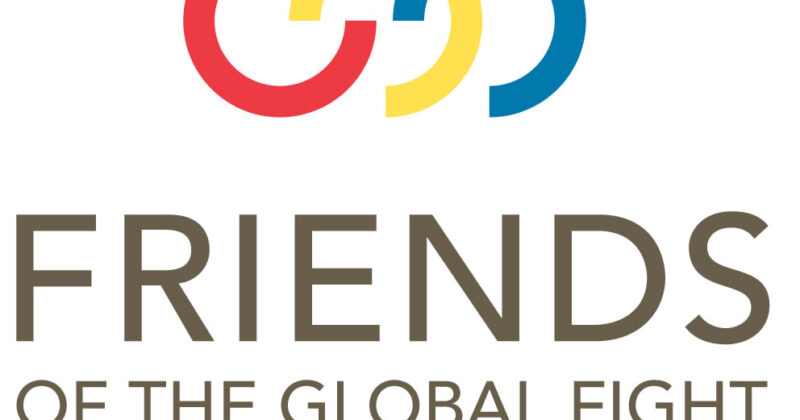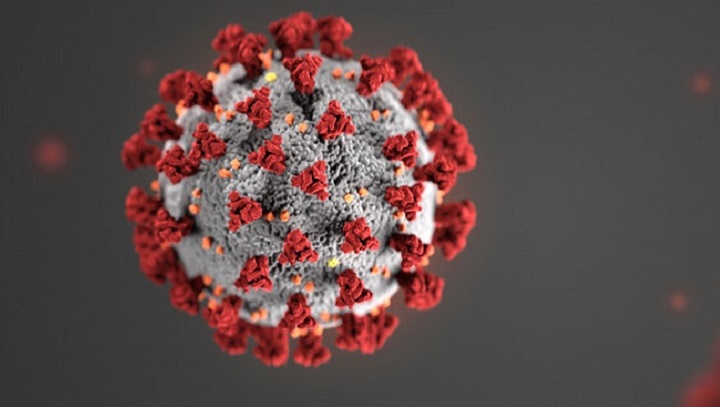
Reproductive Freedom Act in New Jersey
On October, 2, New Jersey introduced “The Reproductive Freedom Act,” which would enshrine the right to abortion and other essential reproductive health care for residents of the state. The timing of this legislation is no coincidence; the ruling came less than one month after the recent passing of Justice Ruth Bader Ginsburg. In light of the fact that another conservative Justice may take Ginsburg’s seat on the Supreme Court, this Act would protect the abortion rights outlined in the Supreme Court’s 1973 Roe v. Wade decision. The contents of the Reproductive Freedom Act can be condensed into three main points. First, the Act stipulates that all New Jersey residents maintain the right to make their own personal health decisions relating to birth control and pregnancy-related care; this includes the right to an abortion. Second, the legislation ensures that financial factors do not pose as barriers that would prevent anyone from making these health decisions. This would require private insurance companies...





